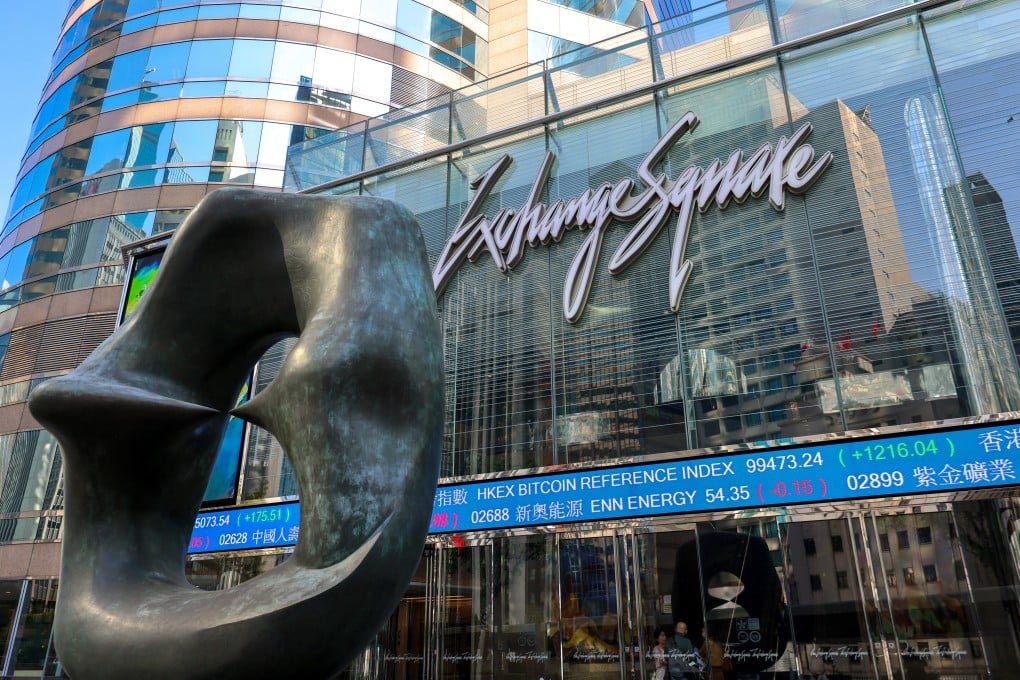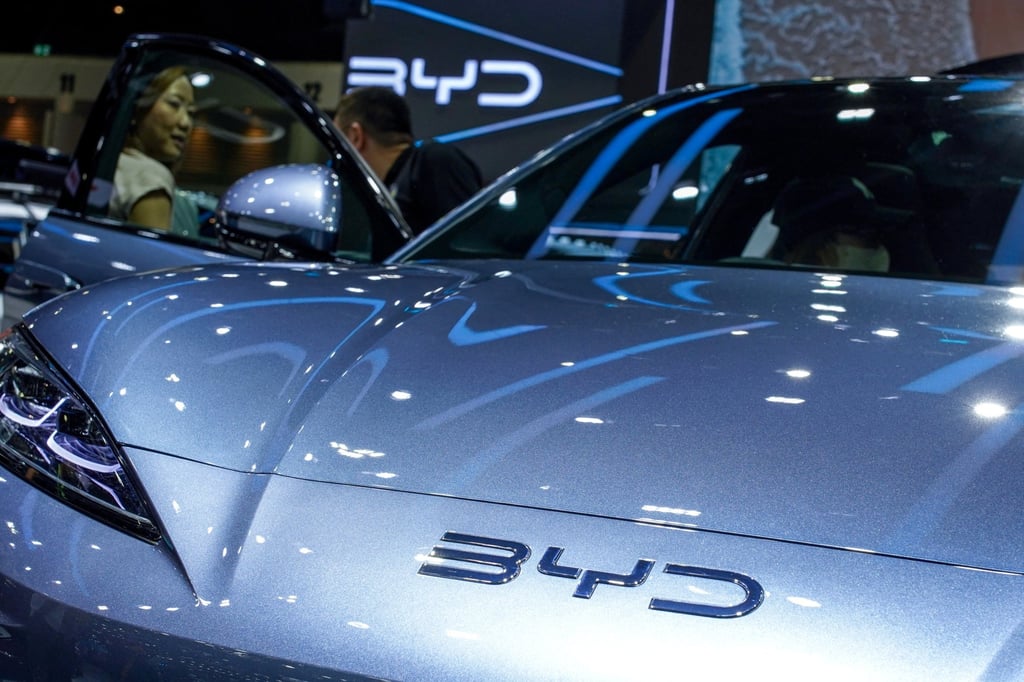Hong Kong stocks slump as investors cash out amid lack of strong catalysts
Mainland carmakers Xiaomi, Geely, Li Auto and BYD pace losses, with investors expecting volatility ahead

Hong Kong stocks fell on Tuesday to a three-week low, dragged down by technology firms and carmakers, as investors ignored strong overnight gains on Wall Street and resorted to profit-taking in the absence of strong catalysts.
The Hang Seng Index slumped 2.4 per cent to 23,344.25, the lowest since March 4. The Hang Seng Tech Index shed 3.8 per cent, with all component stocks ending in the red. On the mainland, both the CSI 300 Index and the Shanghai Composite Index slipped 0.1 per cent.
In the US, Donald Trump’s statement that his administration would give “a lot countries” breaks on tariffs had sparked a rally overnight.
“Today’s fall means that the fanfare surrounding Chinese technology stocks has come to an end,” said Zhou Ling, a hedge fund manager with Shanghai Shiva Investment. “After all, the tech companies have already brought investors substantial returns amid the recent rally.”
On the mainland, investors were expecting the bull run in technology stocks to continue after Chinese President Xi Jinping encouraged a clutch of entrepreneurs to innovate to buoy the world’s second-largest economy.

BYD Electronic International, a chipmaking unit of top global electric-vehicle (EV) maker BYD, led the losses, sinking 9.6 per cent to HK$42.45. BYD fell 3.5 per cent to HK$389.20 despite reporting a 73 per cent jump in fourth-quarter profit to a record 15 billion yuan (US$2.1 billion). BYD’s full-year revenue in 2024 jumped 29 per cent to 777 billion yuan, or US$101.1 billion, surpassing Tesla’s US$97.7 billion for the first time.